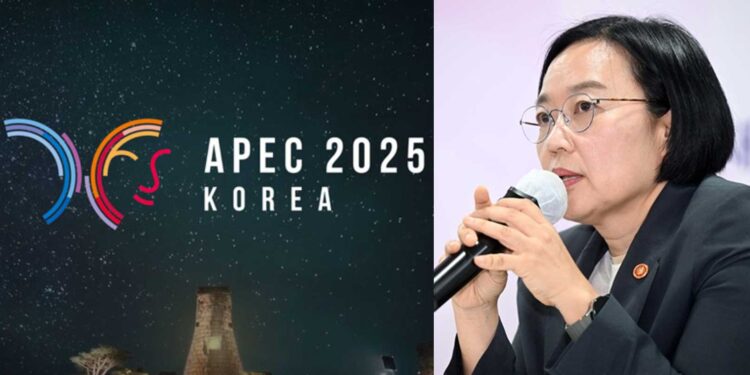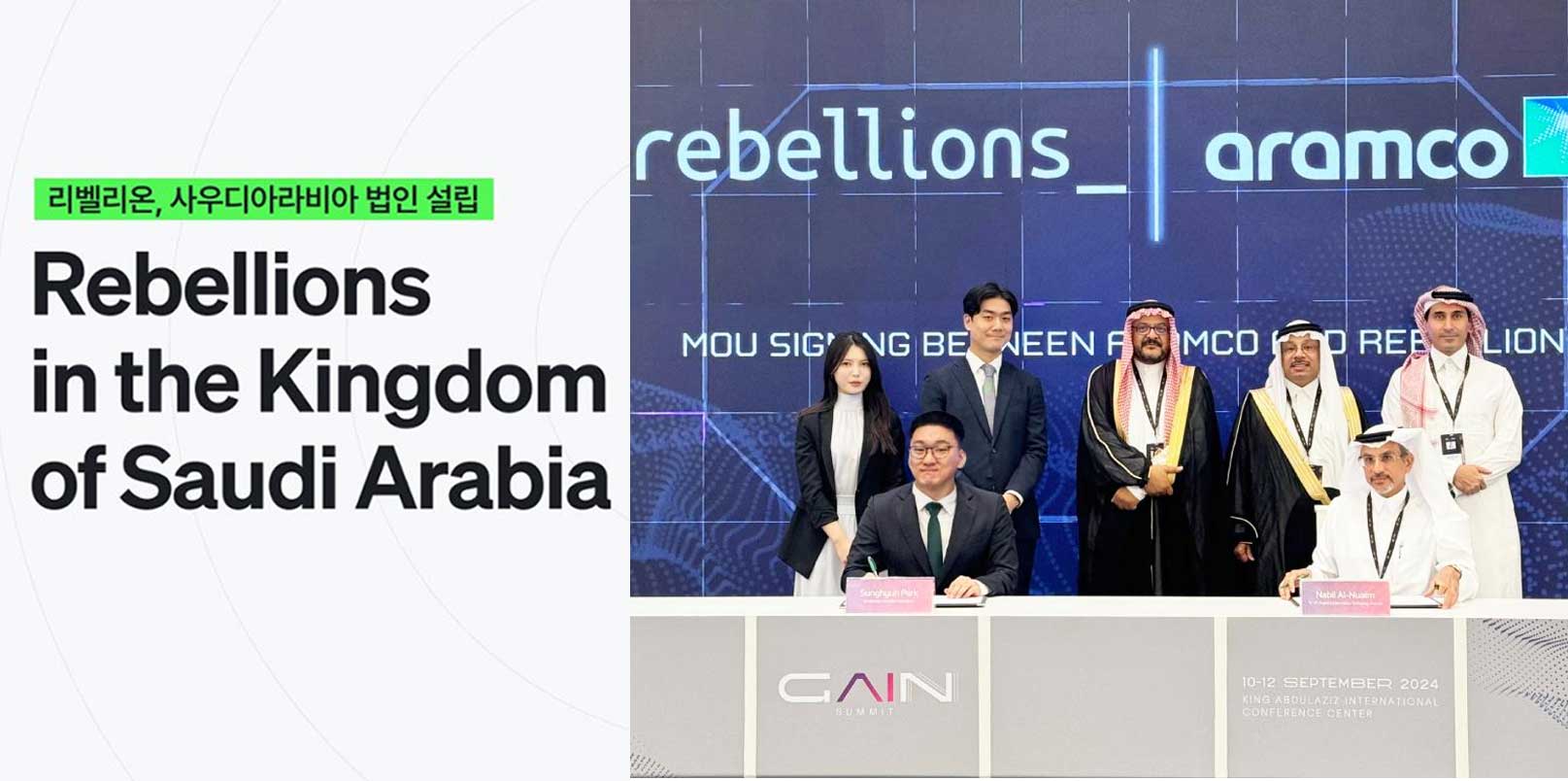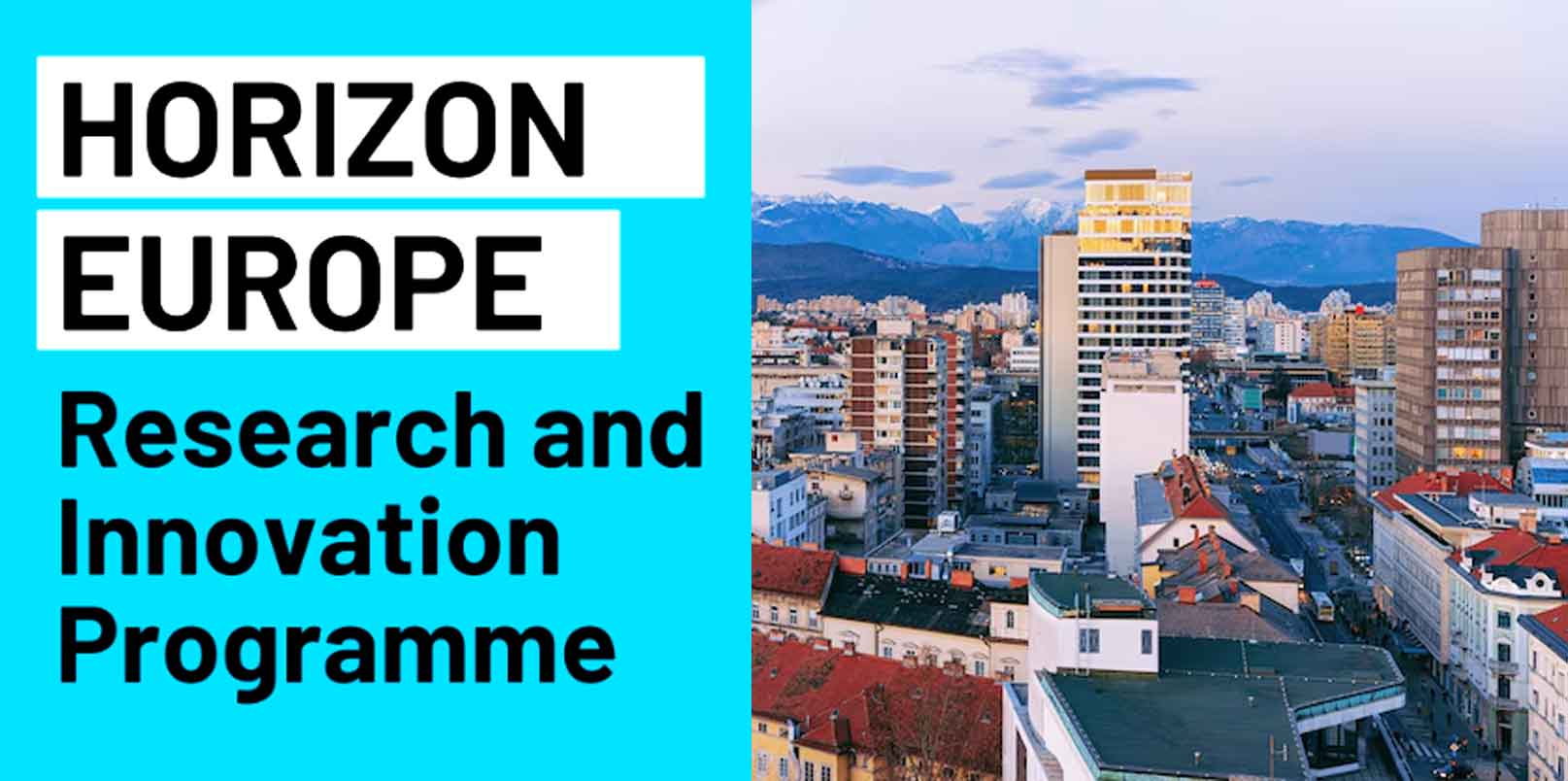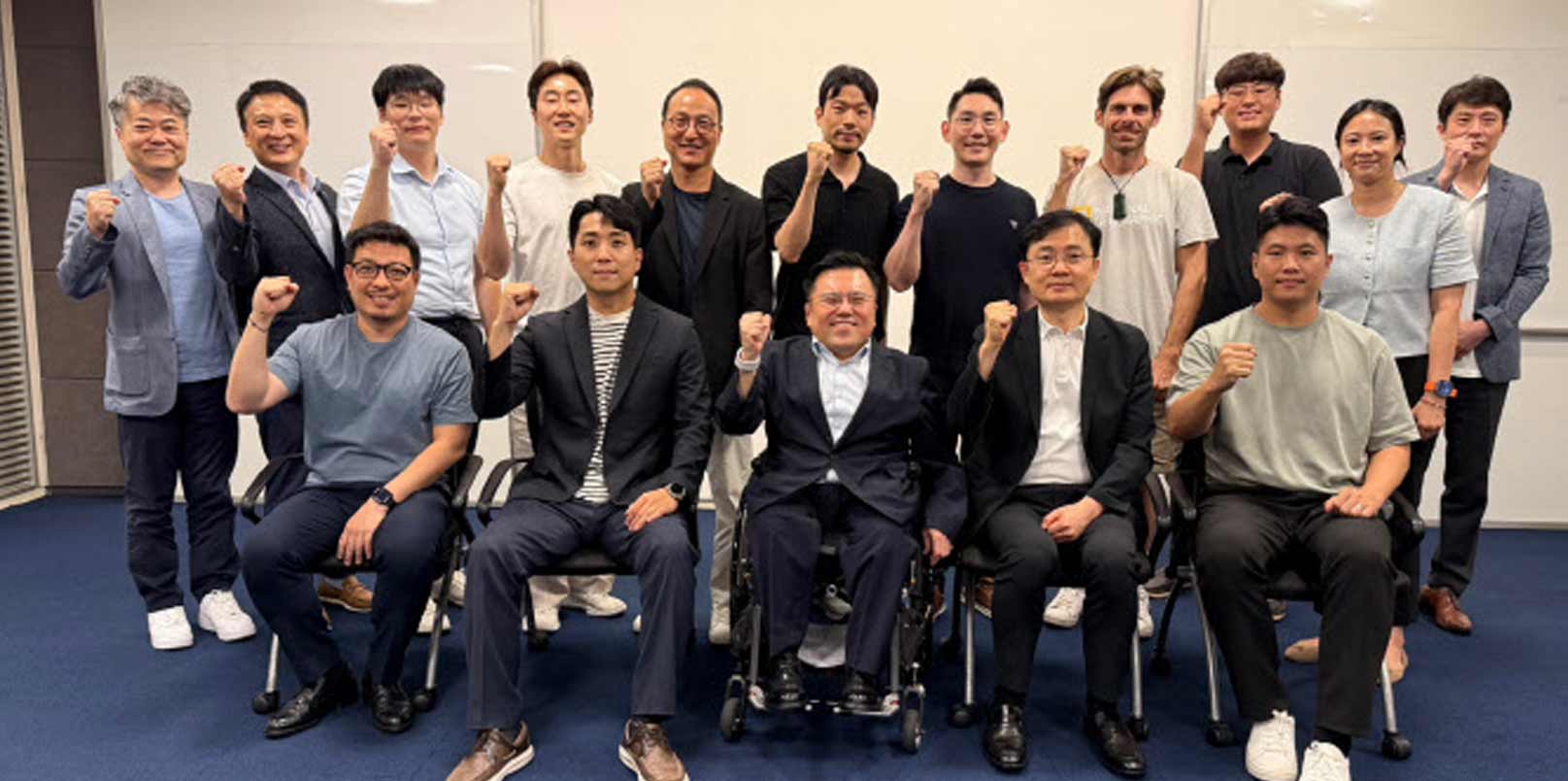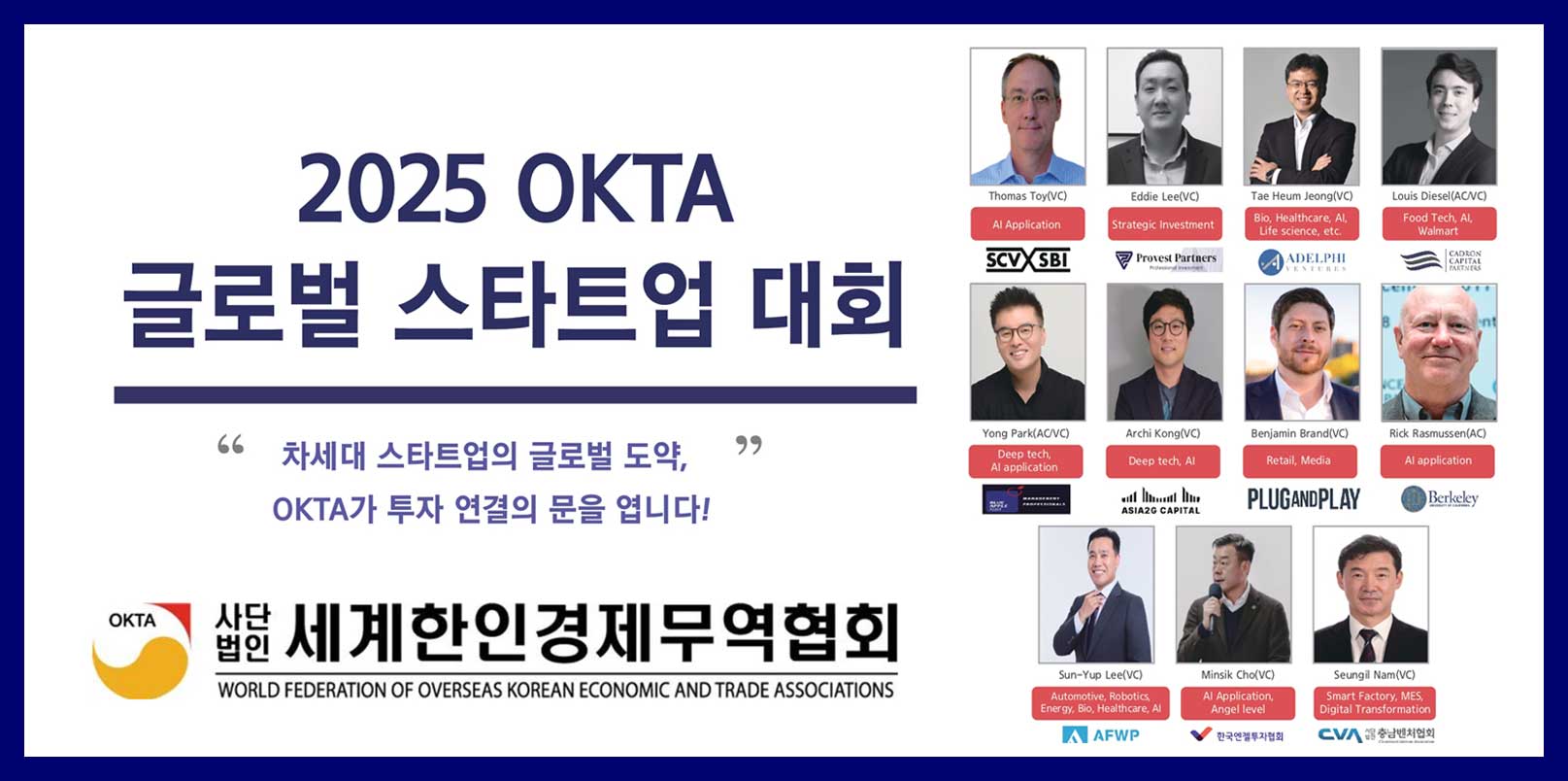Jeju has become the focal point for the Asia-Pacific’s SME agenda this week. APEC SME Week 2025, running September 1–5, unites 21 member economies to explore how SMEs can respond to climate pressures, digital disruption, and shifting global markets. With ministers, policymakers, and industry leaders in attendance, the forum positions SMEs as central actors in building a more resilient and inclusive regional economy.
Global SME Leaders Converge in Jeju for APEC SME Week 2025
South Korea has opened its doors to one of the most significant gatherings of the year for small and medium-sized enterprises (SMEs). APEC SME Week 2025 officially kicked off on September 1 at the Jeju International Convention Center (ICC Jeju), drawing more than 5,000 delegates, including ministers from all 21 APEC member economies, international organizations, policymakers, and industry leaders.
The five-day program runs through September 5, culminating in the 31st APEC SME Ministerial Meeting. Positioned as a critical sectoral meeting ahead of the APEC Leaders’ Summit in Gyeongju this October, the Jeju gathering is designed to define how SMEs in the Asia-Pacific can adapt to global challenges and seize opportunities in a rapidly shifting economy.
Ministerial Theme: SMEs as a Driver of Inclusive and Sustainable Growth
This year’s ministerial meeting carries the theme “SMEs: A Driving Force for Sustainable and Inclusive Growth.” Ministers are expected to adopt a Joint Declaration on September 5, summarizing outcomes and cooperation plans.
Discussions will focus on three priority pillars:
- Innovation-driven growth through AI and digital transformation
- Sustainable growth enabled by smart policy
- Inclusive growth through strengthened connectivity
These priorities reflect pressing challenges facing SMEs across the region, including climate change, demographic decline, global supply chain changes, and the rapid advancement of AI.
Full Program: Forums, Workshops, and Policy Meetings
The official program highlights include:
- Sept. 1: APEC SME Innovation Forum and the 20th anniversary ceremony of the APEC SME Innovation Center, established after the 2005 Daegu Ministerial Declaration.
- Sept. 2: ASEIC Global Eco-Innovation Forum, tackling green innovation cooperation across Asia, Europe, and the APEC region.
- Sept. 3–4: APEC SME Working Group Meetings, where policy officials exchange strategies on SME challenges and policy responses.
- Sept. 5: APEC SME Ministerial Meeting, with adoption of a joint declaration mapping cooperation on sustainability, inclusivity, and innovation.
In addition, eight major side events are being held, including the Companion Festival (Aug. 30–31), Global Startup Day in Jeju, and the Technology & Management Innovation Expo, among others.
These are designed not only for policy dialogue but also to give global participants direct exposure to Korea’s SME and startup innovation ecosystem.
Showcasing Korean Innovation and Cross-Border Partnerships
By hosting APEC SME Week 2025 in Jeju, South Korea underscores its ambition to position SMEs and startups at the heart of sustainable global growth.
The Ministry of SMEs and Startups (MSS) emphasized that the event is a platform for showcasing Korean innovation capacity and facilitating cross-border partnerships.
Minister Han Seong-sook noted:
“This week represents a valuable opportunity for Korean SMEs to leap onto the global stage. Through APEC cooperation, we will promote innovation, inclusiveness, and sustainability, while ensuring our companies take meaningful steps toward global markets. We also hope the meeting will mark the beginning of SMEs across the Asia-Pacific becoming leaders of sustainable and inclusive growth.”
She added that she hopes the Jeju meetings will serve as a first step for SMEs across the Asia-Pacific to become true agents of inclusive and sustainable growth.
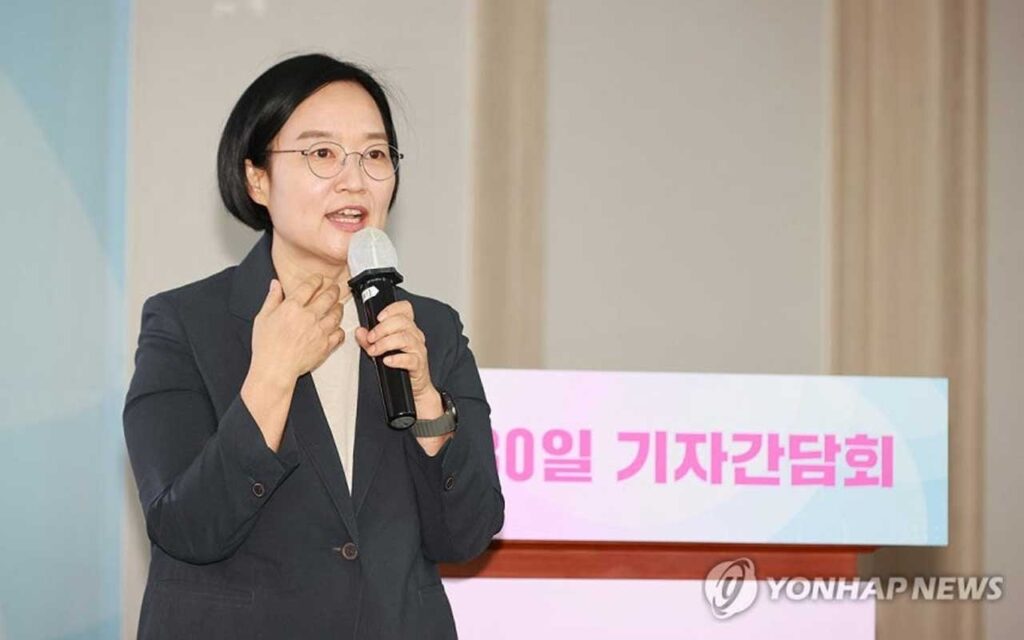
AI Adoption, Digital Transition and Green Innovation Focus
APEC SME Week 2025 carries implications far beyond the Jeju venue. For Korea’s startup and SME ecosystem, the event aligns with national strategies to integrate AI adoption, digital transition, and green innovation into SME policy and cooperation initiative.
For the broader Asia-Pacific, it offers a structured opportunity to coordinate responses to shared challenges—from climate resilience to talent shortages—through SME-focused cooperation.
The scale of participation—5,000 delegates across 21 economies—also reflects the growing recognition that SMEs are no longer secondary players but central drivers of economic stability, technological advancement, and inclusive prosperity in the Asia-Pacific.
APEC SME Week 2025: A Bridge Between Korea’s Enterprise and Global Opportunity
As Jeju hosts this global festival of SMEs and startups, the focus is firmly on the future: how innovation, sustainability, and inclusivity can be embedded in SME policy and practice. The outcomes of the Jeju meetings will feed directly into the APEC Leaders’ Summit in October, positioning SMEs at the center of Asia-Pacific’s next chapter of economic cooperation.
For Korea, the event reaffirms its role as a bridge between local enterprise and global opportunity—and for the 21 member economies, it sets the stage for SMEs to play a central role in advancing inclusive growth across a complex global economy.
– Stay Ahead in Korea’s Startup Scene –
Get real-time insights, funding updates, and policy shifts shaping Korea’s innovation ecosystem.
➡️ Follow KoreaTechDesk on LinkedIn, X (Twitter), Threads, Bluesky, Telegram, Facebook, and WhatsApp Channel.



